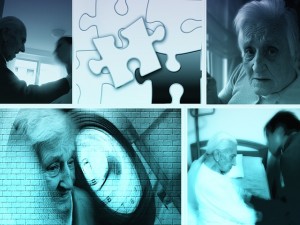It is not uncommon to experience back or neck pain after being involved in a motor vehicle wreck, or car accident. Often, the unexpected impact that takes place in a vehicle collision can cause pain in the form of whiplash. The American Chiropractic Association states that whiplash is most commonly seen injury among people involved in motor vehicle accidents. Whiplash injuries involve the sudden acceleration and deceleration of the head in a car crash or other accident. The whip-like movement places tremendous force on the bony structures, tissues and nerves of the cervical spine, often creating micro-tears and other damage. For more information about these injuries, check out this research article.
Signs of Whiplash
Whiplash most commonly involves pain and stiffness in the neck. However, WebMD identifies the following symptoms:
- Headache
- Dizziness
- Nausea
- Difficulty swallowing
- Blurred vision
- Vertigo
- Ringing in the ears
Experiencing a headache is the most common side effect of whiplash. The resulting headache is often felt at the base of the skull after experiencing the whip-like motion from a sudden impact, typically from a rear-end collision. It is common for individuals to first experience whiplash symptoms hours or even a few days after an incident, rather than immediately after the injury. Depending on an individual’s health and other circumstances, symptoms may not be felt for up to 2 to 48 hours after the injury. This delay in symptoms is not always understood, but may be compared to the delay in feeling sore muscles after working out or other physical exertion.
If you have experienced or are experiencing a nagging headache after a motor vehicle accident, or any of the other symptoms related to whiplash injuries, it is important to you see a medical professional as soon as possible.
If you have suffered a whiplash or head injury after a car accident, our Atlanta personal injury lawyers may be able to help. Contact Brownstein & Nguyen for a free consultation regarding your legal rights today!


 The campaign does not limit itself to students. It Can Wait applies to anyone behind the wheel of a car. With so many distractions in a vehicle, answering texts, emailing, searching the web, dialing numbers, and even using voice-activated capabilities only add to the dangerous mix. The
The campaign does not limit itself to students. It Can Wait applies to anyone behind the wheel of a car. With so many distractions in a vehicle, answering texts, emailing, searching the web, dialing numbers, and even using voice-activated capabilities only add to the dangerous mix. The 